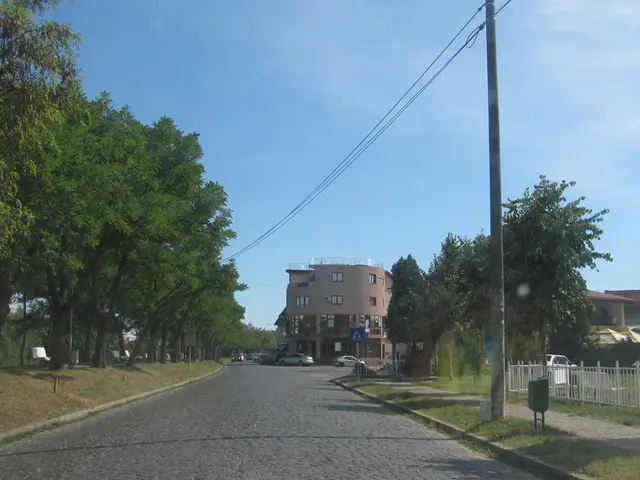Germany's Gas Power Plants: Ownership, Key Players, and Bitcoin's Potential
The ownership structure of gas power plants in Germany is complex and decentralized, with many facilities owned by large energy corporations, municipal utilities, and investment companies. Here's an overview of the key ownership groups and major players as of 2023.
Large energy conglomerates such as Uniper, RWE, EnBW, Steag, and LEAG operate numerous gas power plants across Germany. Meanwhile, municipal utilities and regional suppliers, like Trianel, EnBW in Karlsruhe, Stadtwerke München, and others in Düsseldorf, Frankfurt, and Stuttgart, either run their own plants or participate in joint ventures. International investment firms like Brookfield Asset Management, Patrizia, KKR, and BlackRock also invest in gas power plants through subsidiaries or partnerships. Some chemical companies and independent power plant operators also own and manage gas power plants. The market is dynamic, with frequent changes due to sales, mergers, and new investors. Most major gas power plants are located in densely populated areas like the Rhine-Ruhr region, North Bavaria, and the Munich area. Gaskraftwerke play a crucial role in the energy mix, providing flexible power generation and serving as a bridge technology in the energy transition. However, complete overviews are challenging due to the presence of special-purpose entities and consortia. In Texas, USA, the integration of Bitcoin mining facilities has led to significant savings, with a report by the Digital Assets Research Institute estimating that it has eliminated the need for additional gas peak power plants, saving Texans $18 billion. Bitcoin mining facilities have been integrated into the Texas power grid to stabilize it and reduce the need for gas peak power plants. Texas Governor Gregory Wayne Abbott and Lieutenant Governor Dan Patrick have expressed support for Bitcoin mining, with Patrick advocating for the reduction of demand response programs that include Bitcoin mining following lobbying by Berkshire Hathaway Energy. In Germany, a pilot project by Deutsche Telekom is exploring the use of Bitcoin mining for more efficient use of wind and solar energy. Theoretically, Bitcoin mining could also be used for network stabilization and replacing peak plants, but differences between the German and Texas energy markets make a direct transfer of the model challenging. Bitcoin mining facilities can quickly and flexibly respond to both supply and demand, making them a more efficient and cost-effective alternative to gas peak power plants. However, Germany has a smaller share of natural gas peak power plants compared to the USA, and its electricity market is more heavily regulated, making Bitcoin mining less profitable.
The key owners of gas power plants in Germany include large energy corporations, municipal utilities, and international investment firms. The integration of Bitcoin mining facilities in Texas has shown potential savings and grid stabilization, but the German energy market's unique characteristics may present obstacles to replicating this model.








